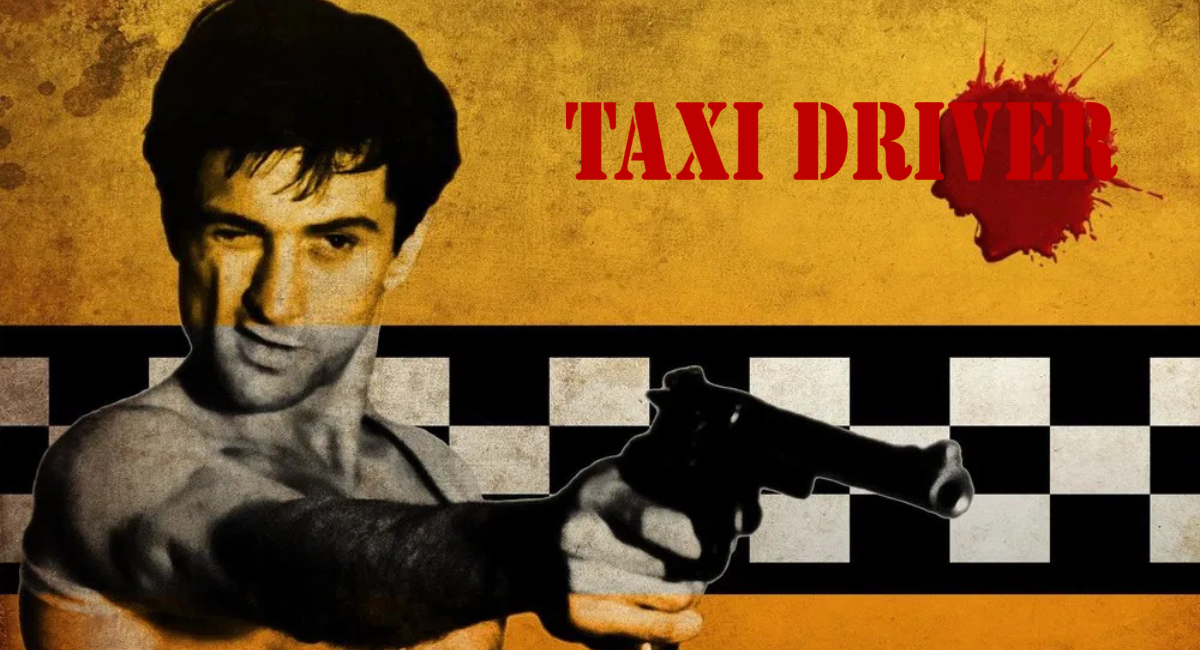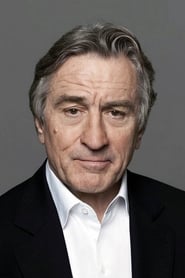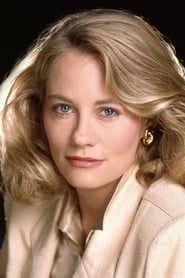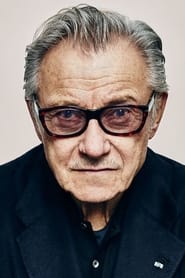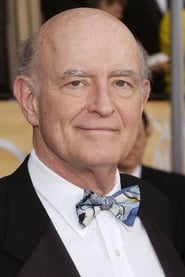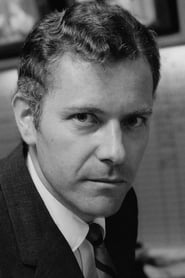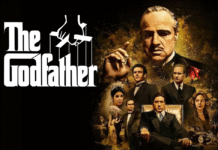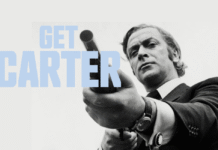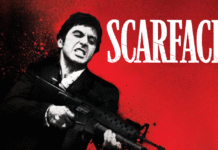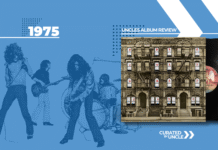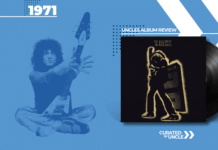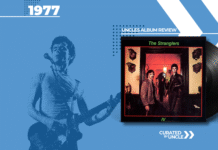Taxi Driver (1976): You Talkin’ to Me? Well, Please Don’t.
Martin Scorsese’s Taxi Driver is a cinematic uppercut to the jaw delivered by a man wearing a blood-soaked flannel and muttering to himself. Released in 1976 when New York was basically a post-apocalyptic wasteland with a jazz soundtrack, the film follows Travis Bickle (Robert De Niro), a mentally spiralling loner who decides the solution to his insomnia and overwhelming misanthropy is to become… a cab driver. You know, just like all the well-adjusted people do.
It’s a slow-burn descent into urban madness, existential rage, and some of the most intense facial expressions ever captured on screen. Taxi Driver doesn’t just hold up; it punches you in the face, lights a cigarette and walks away muttering something about scum.
Table of Contents

Plot Summary: Welcome to the Abyss, Population: One
Travis Bickle is a Vietnam vet with insomnia, social ineptitude and a vague disdain for, well, everyone. He roams the streets of New York in a yellow cab, ferrying around the sweaty underbelly of humanity – pimps, drunks, Wall Street types (often the same person). All the while, his inner monologue is narrating a descent into moral chaos like he’s composing a diary entry for Satan’s therapist.
He develops an unhealthy obsession with a political campaign worker (Cybil Shepherd, icy perfection), is casually racist, buys an arsenal from a man who probably sells candy to children in his spare time and decides to “rescue” a 12-year-old prostitute (Jodie Foster, disturbingly brilliant). It all ends in a bloodbath that Quentin Tarantino probably keeps framed on his wall.
Themes: Toxic Masculinity With a Side of Bullets
If Travis Bickle existed today, he’d be ranting on YouTube about how women don’t like “nice guys” and blaming immigrants for bad weather. The film is a grimy portrait of a man desperate to feel significant in a world that either ignores or disgusts him. It’s a meditation on loneliness, masculinity and the kind of misguided heroism that ends with someone bleeding out next to a jukebox.
Scorsese doesn’t glorify Travis. He presents him as he is: broken, dangerous, and tragically human. It’s like watching a slow-motion car crash narrated by Nietzsche and scored by a saxophone on valium.

Performance: De Niro Unleashed
Robert De Niro’s Travis Bickle is one of cinema’s most terrifying antiheroes—not because he’s loud or flamboyant, but because he’s so quietly, plausibly unhinged. You can see the madness creep in behind his eyes. One moment he’s politely asking for a date; the next, he’s shaving a mohawk and practicing his “You talkin’ to me?” monologue in a mirror like he’s auditioning for a hostage situation.
It’s De Niro at his most unnervingly intense and it’s no wonder it became one of the most quoted, studied and over-imitated performances of all time. Somewhere out there, an open mic actor is butchering that line right now.
Scorsese’s Direction: Grim, Gorgeous and Drenched in Filth
Scorsese paints 1970s New York as a rotting organism full of sex, sin and flickering neon signs. His direction is both stylish and deeply unsettling, with Bernard Herrmann’s eerie score slithering under the surface like a nervous breakdown in musical form.
It’s a love letter to a city that’s been punched in the stomach and refused to apologise. Every shot feels claustrophobic, every scene soaked in tension. You can almost smell the sweat and hot dog water.
Legacy: The Taxi Still Drives Us Mad
Taxi Driver didn’t just make an impact; it carved a crater. It influenced decades of film, from American Psycho to Joker (which basically remixes this with clown makeup). It sparked debates on violence, alienation and whether Travis Bickle is a cautionary tale or a misunderstood saviour. Spoiler: he’s not the latter.
The fact that some people still think Bickle is a hero is proof we need fewer film bros and more therapy.

Is It Still Worth Watching? Absolutely. But Maybe Not On a First Date.
This is not a feel-good film. No one hugs. There are no quips or redemption arcs. But if you want a masterclass in direction, performance and how to make an audience feel deeply uncomfortable without resorting to jump scares, this is it.
Just don’t be surprised if you start questioning your grip on sanity about halfway through. That’s the point.
Trivia
- “You talkin’ to me?” wasn’t in the script – De Niro improvised it in front of a mirror, riffing like a gun-toting method actor with too much time and zero chill.
- The film was written by Paul Schrader in a caffeine-fuelled haze, reportedly while living in his car and obsessing over alienation – so yes, it’s basically a cry for help with a screenplay.
- Jodie Foster was only 12 during filming, which led to the FBI stepping in and child welfare workers monitoring scenes involving prostitution, proving once and for all that nothing about this movie was subtle.
- Bernard Herrmann’s final score was for Taxi Driver – he died just after finishing it, presumably from the sheer intensity of his own brass section.
- The climactic shootout was originally rated X for violence, so Scorsese just desaturated the blood to make it less red, because brownish gore is apparently more family-friendly.
My Final Thoughts:
Taxi Driver is a bleak, brilliant and unapologetically grim look at the psychological detritus of a society that leaves its most broken members to fester in silence. It’s still terrifyingly relevant, maybe even more so now, in the age of social media echo chambers and ironic detachment. Travis Bickle might have driven a cab, but what he really needed was a bloody counsellor.

If You Like Taxi Driver, I Recommend These Movies:
Mean Streets (1973) – Like Taxi Driver if Travis had Catholic guilt, a mob connection, and slightly better aim.
The King of Comedy (1982) – De Niro trades the taxi for a mic stand, but the social dysfunction remains gloriously intact.
Joker (2019) – Basically Taxi Driver in clown shoes, with extra nihilism and fewer cabs.

Taxi Driver
Travis Bickle
Iris
Betsy
Sport
Wizard
Charles Palantine
Tom
Concession Girl



